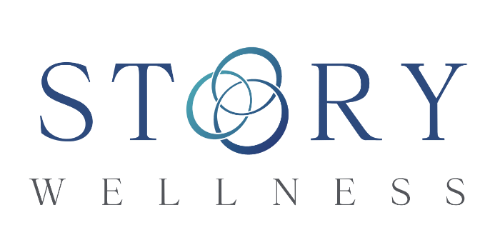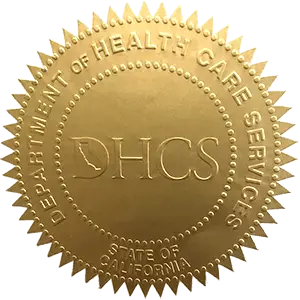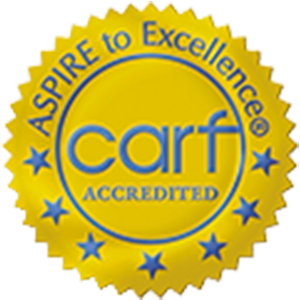Mental health often walks a tightrope of misunderstandings and stigma. Anorexia nervosa (commonly called anorexia) stands as a poignant example of how misconceptions can cloud our understanding or perception of deep-seated struggles. In this case, it is like a silent scream that gets lost in the noise of societal expectations and stereotypes. Here are a few anorexia facts that can help us clarify some misconceptions.
Anorexia is like a chameleon—often hiding in plain sight, shrouded in layers of stigma and shame. It’s not just about the visible symptoms or the numbers on a scale; it’s about the invisible battles waged in the mind and heart.
For many, acknowledging the problem and seeking help feels like trying to climb a mountain while the ground crumbles beneath their feet.
As we embark on this journey of revealing anorexia facts and dispelling the myths about anorexia, let’s approach it with empathy, compassion, and an open mind.
Contact Story Wellness
7 Anorexia Facts and Corresponding Misconceptions
Misconception: Anorexia is simply a phase of extreme dieting.
Fact 1: Anorexia Is More Than a Diet Gone Wrong
Reality: Anorexia nervosa is a complex mental health condition. It’s not just about food or weight; it’s a battle with deeply ingrained beliefs and fears. Picture someone slowly losing themselves in a mirror’s reflection that lies.
Misconception: People choose to have anorexia.
Fact 2: It’s Not a Choice
Reality: Anorexia is a serious psychiatric disorder, not a lifestyle choice. It’s like being caught in a stormy sea, where each wave of disordered thoughts overwhelms the ability to swim to safety.
Misconception: Anorexia only affects women.
Fact 3: It Affects All Genders
Reality: Anorexia knows no gender. Men, women, and non-binary individuals can all find themselves in this struggle. It’s a universal language of silent suffering.
Misconception: Anorexia is solely about achieving thinness.
Fact 4: It’s Not Just About Being Thin
Reality: The roots of anorexia often lie deeper in issues of control, perfectionism, or trauma. It’s like a tree whose leaves whisper ‘thinness’ but whose roots are entangled in a complex web of psychological factors.
Misconception: Recovery from anorexia is simply gaining weight.
Fact 5: Recovery Is Possible, But It’s Not Linear
Reality: Recovery is a journey with ups and downs, like hiking a mountain with no clear path. It’s about rebuilding a relationship with oneself, not just the scale.
Misconception: Families should take a backseat in treatment.
Fact 6: Family Support is Crucial
Reality: The role of family in recovery from anorexia is vital. Their support and understanding can be life-saving, helping loved ones find the strength to see the available light.
Misconception: Anorexia is harmless, if not severe.
Fact 7: Anorexia Has Serious Health Consequences
Reality: Anorexia’s physical ramifications range from psychological to physical, and together, they paint a devastating image: cardiovascular disease, osteoporosis, hormonal imbalances, immune deficiencies, and so much more. In a matter of weeks, a person can experience fatigue, hormone changes, depression, anxiety, and more.
Anorexia Facts and Getting Help
Confronting anorexia is not a journey someone should take alone. The first step in getting help is simply this: say something. If you are the one dealing with the disorder, it is not your fault. Shame is the enemy here. Find someone you can trust to see beyond their judgment and ask for their support.
If you think someone you know is struggling, the reverse is true—approach with compassion and openness. Simply understanding the complexity of the issues involved will make a difference in how you are received by the person you care about.
Professional Help With Anorexia
This is where Story Wellness comes into the picture, a mental health IOP and outpatient center in Orange County, CA. At Story Wellness, the belief is that every story matters and every journey toward healing is unique. If you or someone you know is navigating the complexities of anorexia, reach out to Story Wellness at 866-476-2823. It’s more than just a call; it’s a step towards a new chapter, a step towards healing and understanding.






